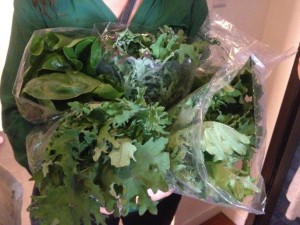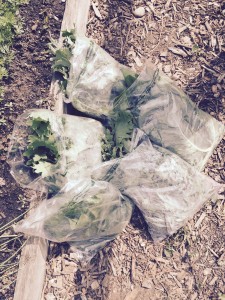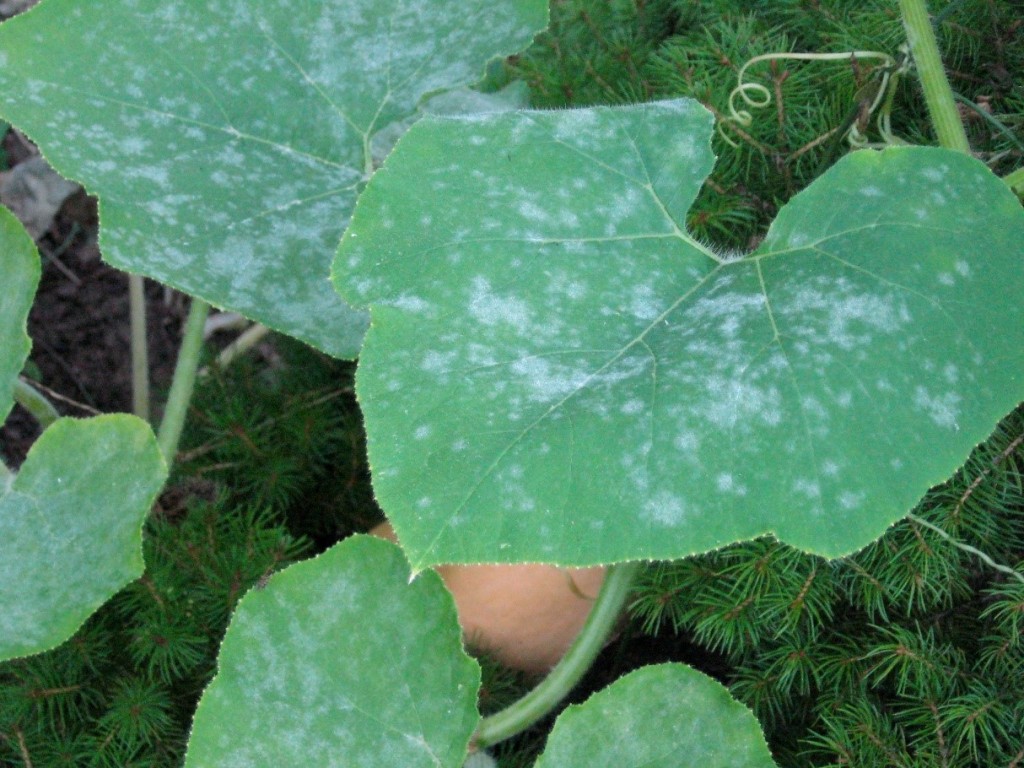Donating Food to Community
Did you know Maple Community Gardens is home to a bunch of plots managed to grow food to donate to soup kitchens in Vancouver? All this good karma is making for prolific spring growing. Last week Kate and Rosemary did a food drop, and this week the section 7 soup kitchen plot was so full of food we had to do another trip! Yesterday we delivered 5 plastic bags bursting with kale and chard. Thanks to Sarah for her help watering the plot and Dana for doing yesterday’s food run to the Union Gospel Mission. Let’s keep this going!



